We use them to wake up, to know what the weather will be like, to listen to music while driving, to spend most of our spare time between a poker game and the last scroll on Instagram before going to bed. Apps are a crucial part of our lives and those who deny it know they’re lying. Through apps we consume and manage pretty much everything, we can also have virtual access to a number of things that once required long queues in places much resembling Dante’s Inferno, and it is important to specify: without a Wordle in hand to kill that wasted time.
It is quite strange to look back and search for the origins of something so recent. In fact, pinning a starting point is even more difficult, given the gap in the race is really a matter of months. One thing seems to be certain though: we cannot talk about apps without considering the evolution of mobile devices.
Mobile Pitecus – PDAs and first mobile phones
It all started in the fabulous 80s, more precisely in 1984, when Psione launched on the market “Psion Organizer”, the first PDA to feature integrated software equipped with a calculator, calendar, text editor and address book. Even though phone calls were not supported, Organizer shall be considered a true forefather of smartphones.
Later, in 1993, it was Apple that provided an upgrade of dear old Organizer: Newton. Unlike its ancestor, Newton could connect to Mac, PC and wi-fi networks, but it also presented new exciting functionalities as a web browser and email client.
Unfortunately for Newton, 1997 saw the rise of a new and improved PDA called PalmPilot: much easier to use with a default development kit giving developers space to create apps for that particular interface.
A glorious mention belongs to Nokia though, which in the same year brought the game experience to the entire world with “Snake” in their 6110 mobile phone.
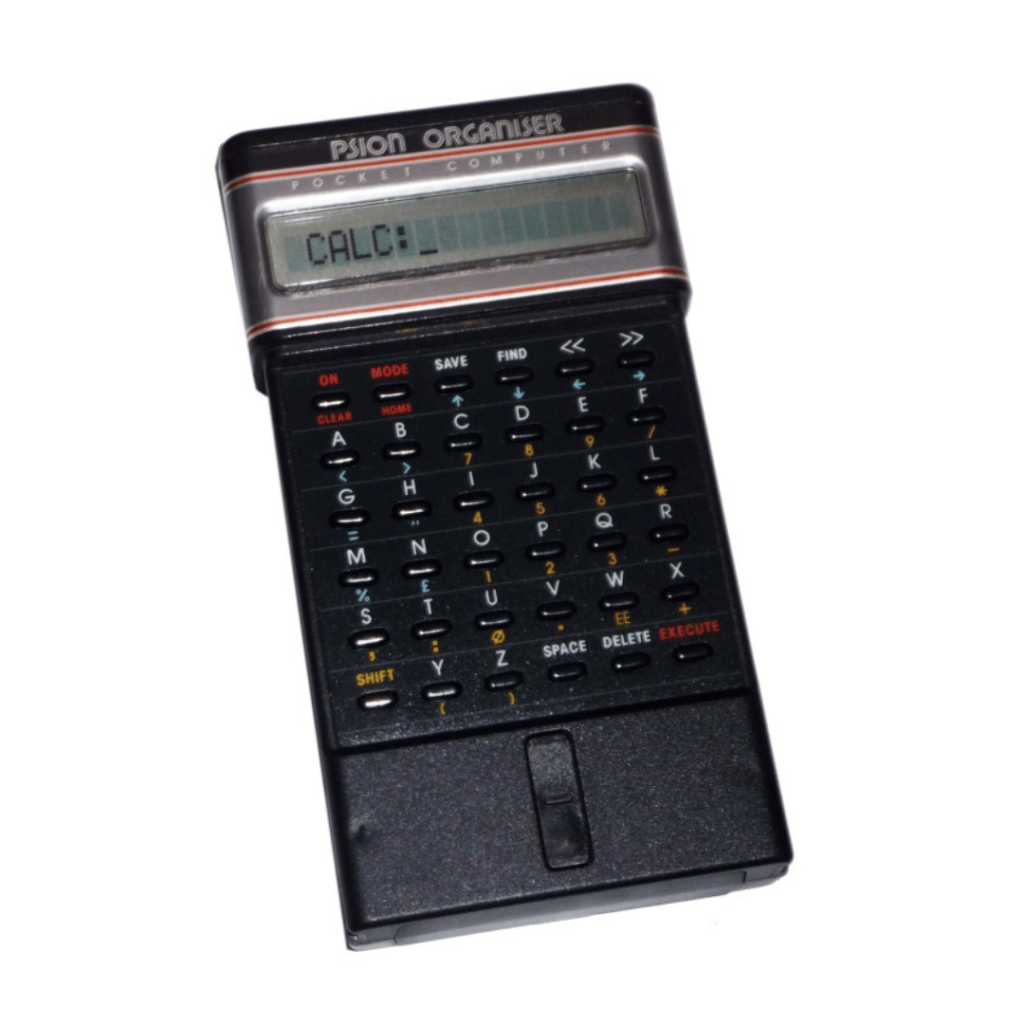
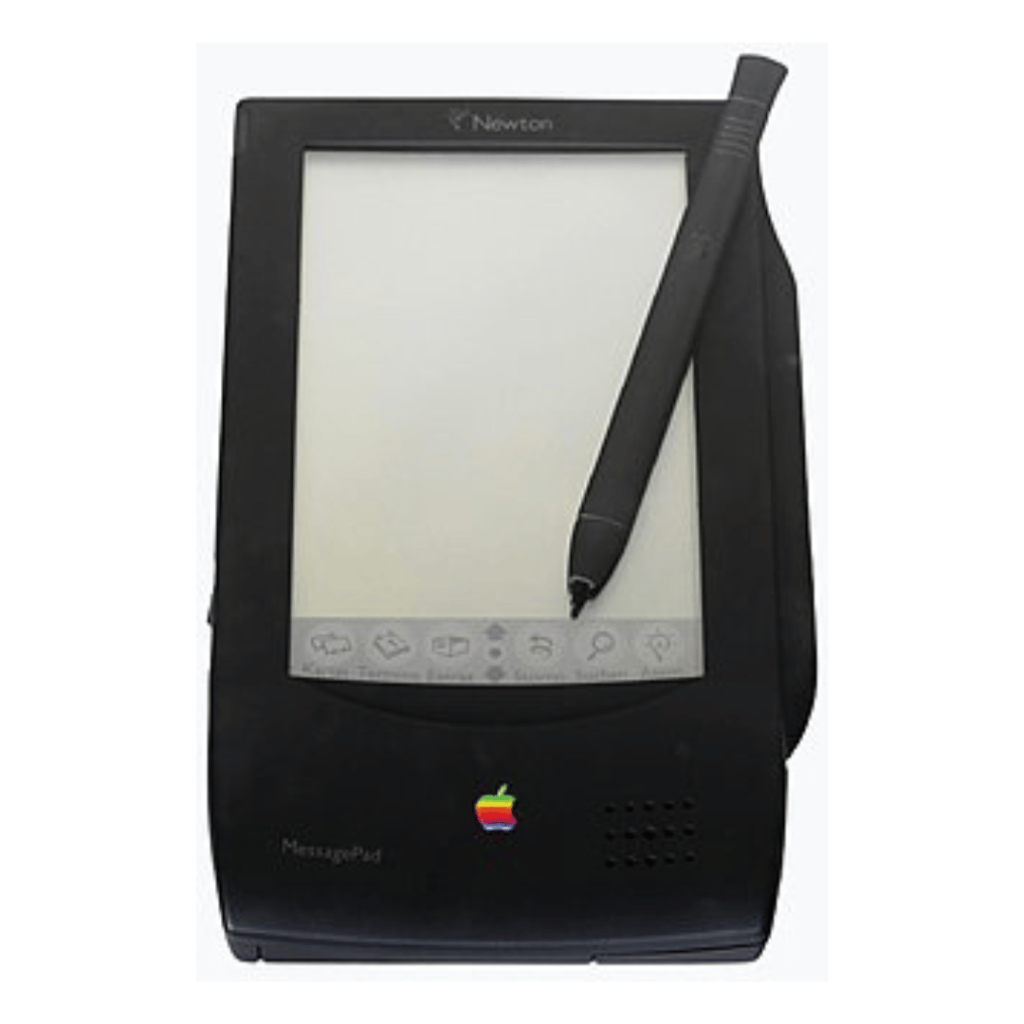
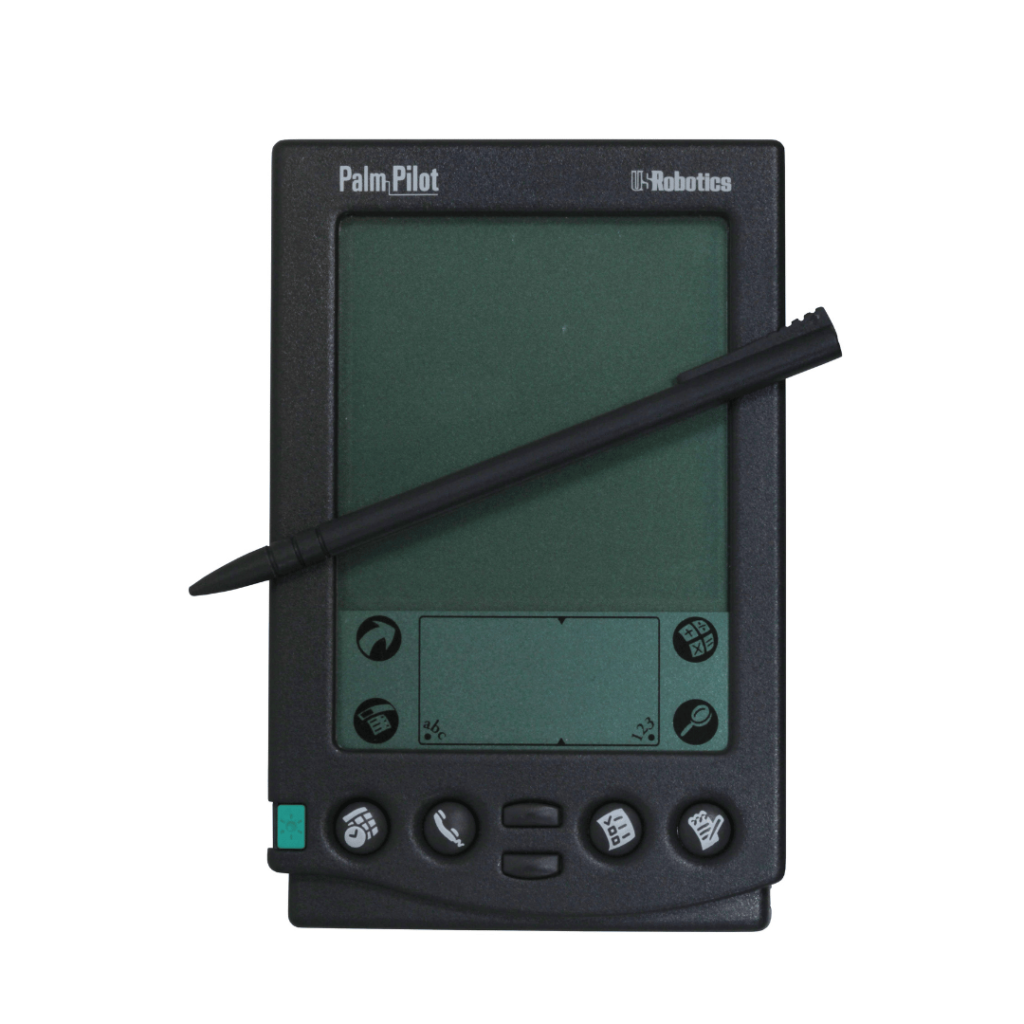
Mobile Sapiens – The rising of smartphones
At the end of the 90s, the world witnessed the first big steps in terms of technology applied to mobile phones. From IBM’s Simon in 1994 to Ericson’s GS 88 Penelope in 1997, applications like address books, calculators, clocks and calendars are beginning to be found in the same device that was used to make phone calls. This means that by the dawn of the new millennium, a lot of much-elaborated systems (iOS, Android, Symbian) paved the way for modern smartphones, for instance, the first iPod in 2001 contained card games and Tetris.
Even though Steve Jobs, back in 1983, already had in mind a primordial configuration of the Apple Store with software that could be bought by using a telephone line (which attempt was made in 1990 by Paget Press with the Electronic Wrap Paper, a store for NeXT systems applications), the dream came eventually true with iTunes and then with Apple Store for the launch of the iPhone 3G in 2008. It’s not actually possible to identify what the first ever app was here because the new Apple Store was launched with 500 apps ready to be downloaded.
Google followed a few months later with Android Market (grandfather of PlayStore) equipped with 800 apps for HTC Dream with the Android system.
Applications usage grew fast in very little time so as to reach 1 billion downloads in 1 year only and a remarkable 50 billion in 5 years.

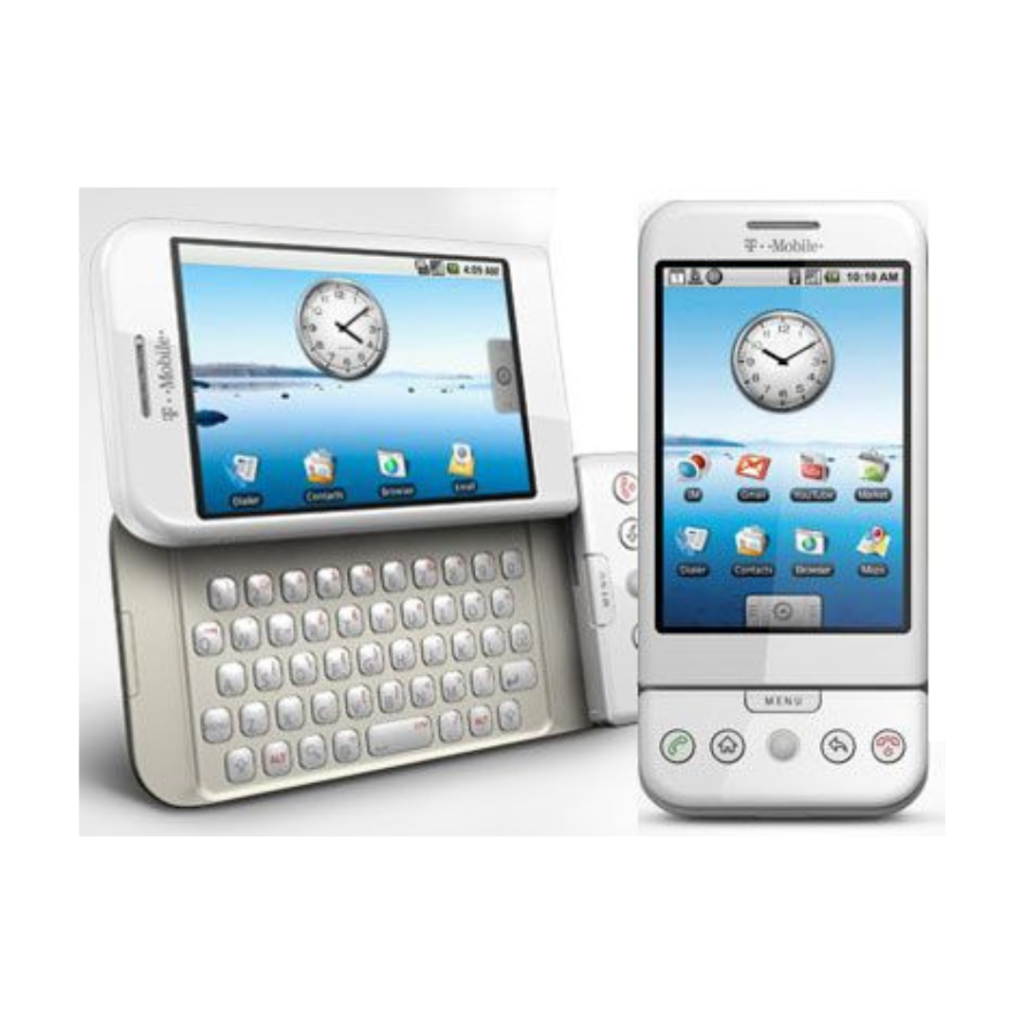
Among the apps that made history we cannot bypass Angry Birds with 2 billion installations in 4 years, the first wild marketing ever generated from an app to feature merchandising, themed parks, branded food and beverages by the most famous birds of all times. Other apps to have conquered the podium are Temple Run with 100 million downloads in 2011 and Draw Something with 1 million installations in just 9 days from launch.
Apple was not wrong when defining that moment as the “app revolution”, a glimpse of modern history that created around half a million jobs from scratch along with extraordinary revenue just a few years after the iPhone’s debut.
Users’ habits shifted priority a little with the expansion of social media, first with Facebook, then Instagram and Snapchat which in 2014 counted an average of 700 million pictures shared on the app each day.
Mobile Sapiens – Sapiens – Apps in 2023
Apart from a tangible increase of interest in game apps and social media, our current times include in the list instant messaging apps which allow users to communicate with anyone, smoothly and with no extra cost. The gratuity of apps is in fact one of the main reasons for this phenomenon’s success: the user may not be hooked forever but at least they can have a taste of what being part of the digital community feels like.
To this day the Apple Store counts circa 2,2 billion apps available for download, while Google Play Store counts 2,8 billion. In 2023 around 299 billion app downloads were registered confirming a growth trend that has no intention to slow down.
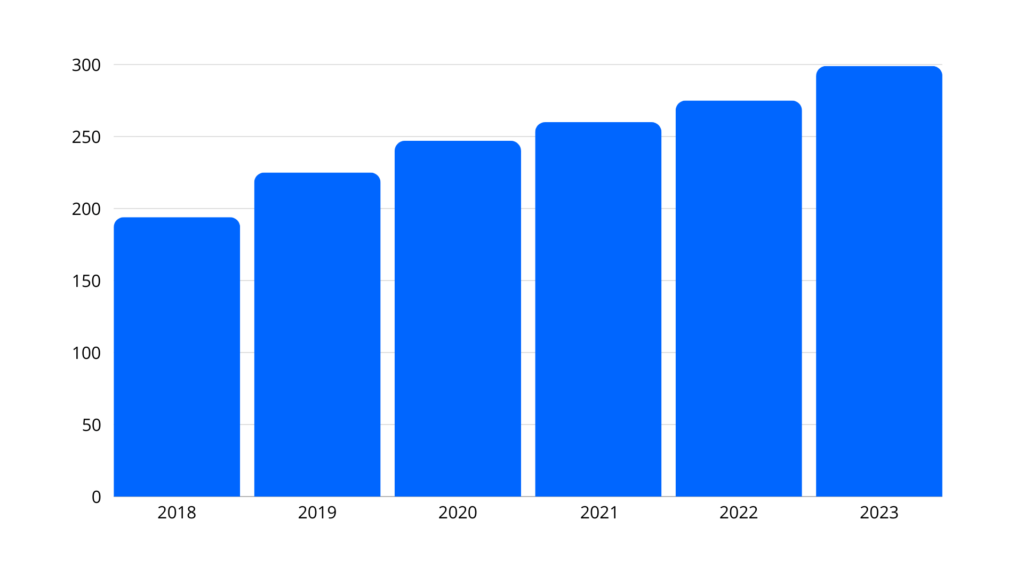
Most downloaded apps in 2023 on Apple Store
1. Temu: Shop Like a Billionaire
2. CapCut – Video Editor
4. Threads, an Instagram app
5. TikTok
6. Instagram
7. Google
8. YouTube
9. WhatsApp Messenger
10. Gmail
Mobile Future – Te future of apps
But what the future of apps will be? What trends will determine the next chapter of this epic digital transformation?
The focus seems to lay on 5G technologies which guarantee a higher speed and better user experience, but AI is also a hot topic which deserves attention for pioneering activities on biometric measurements and algorithms capable of predicting our actions based on past behaviour. In the app crystal ball though, there’s also space for AR and VR, for wearables such as smartwatches and earbuds (the number of wearables connected every day verges on 1 billion), for a smart home integrated with household appliances, lighting and heating and last but not least for travels (cars, flights, hotels etc.).

